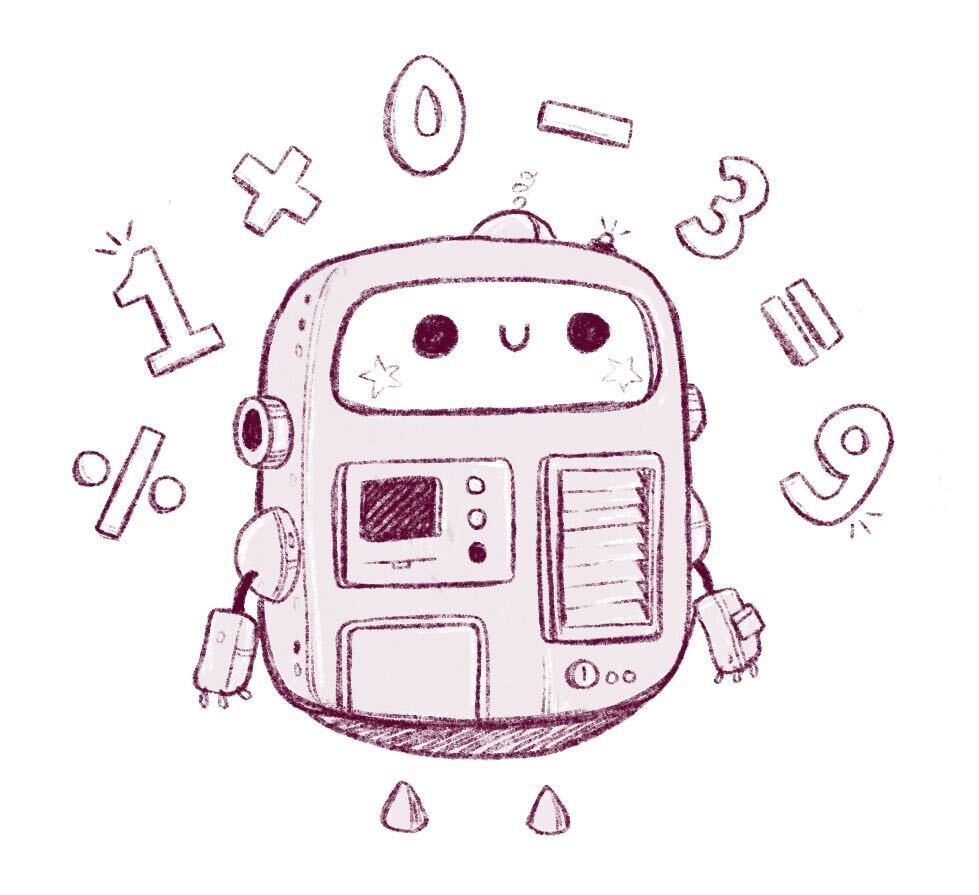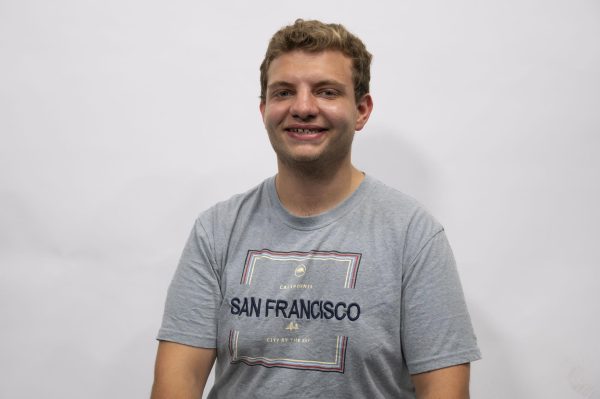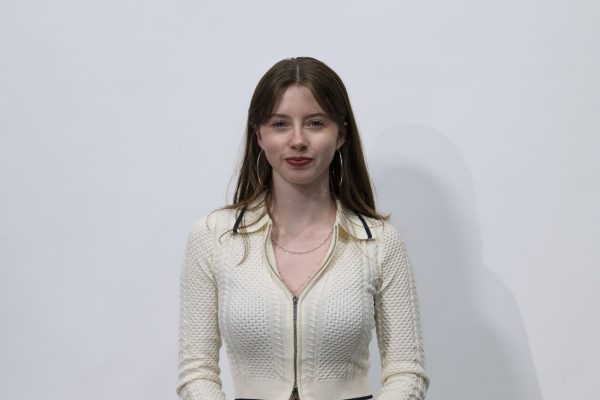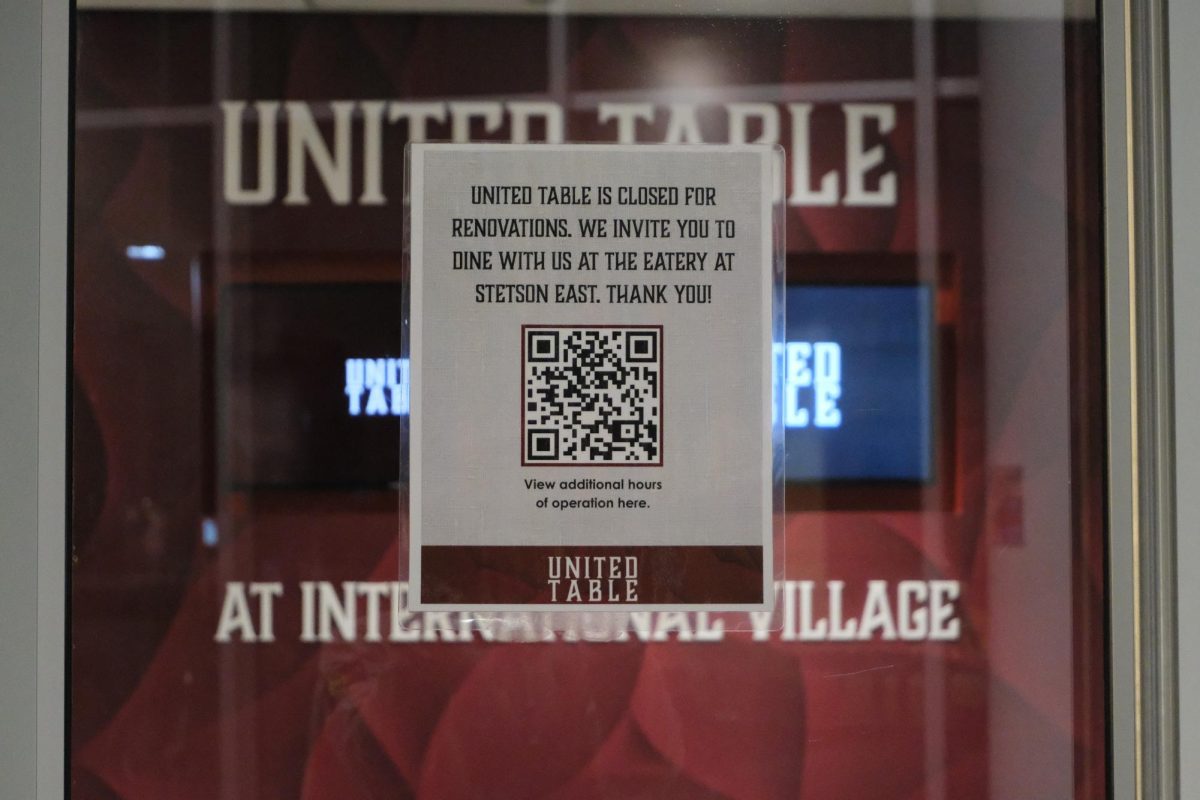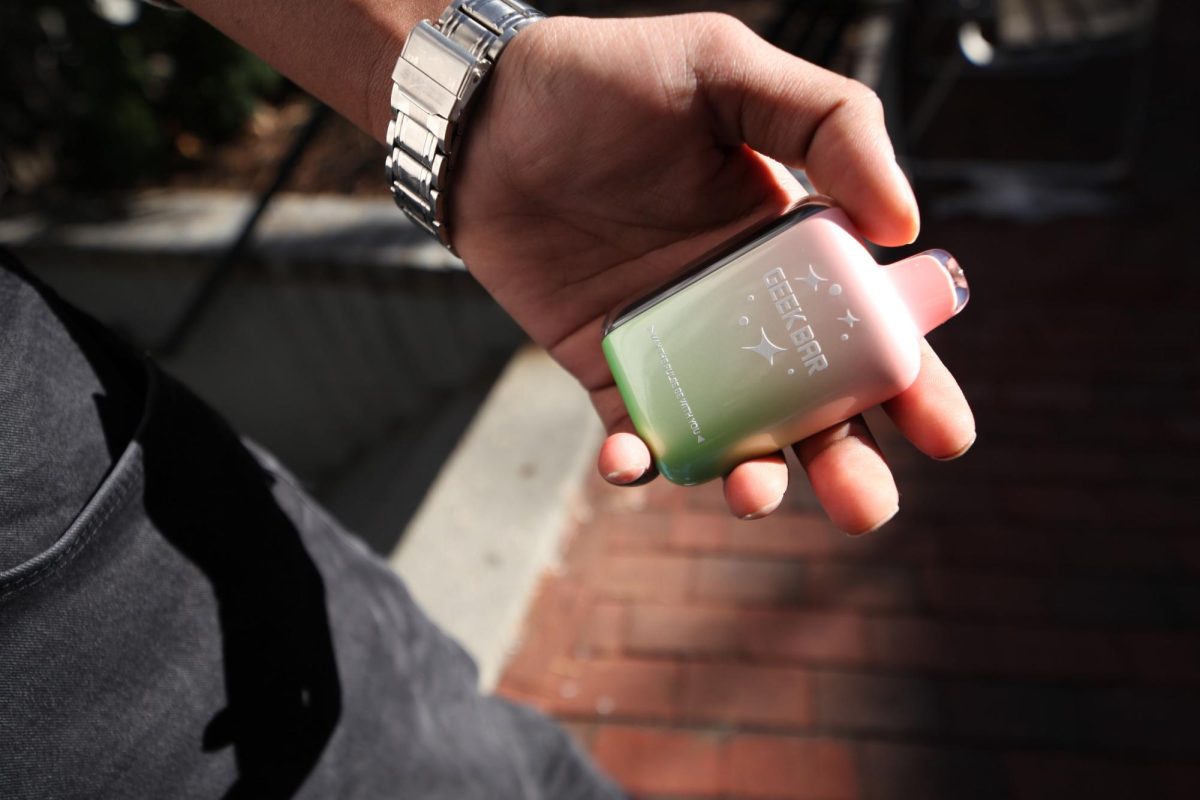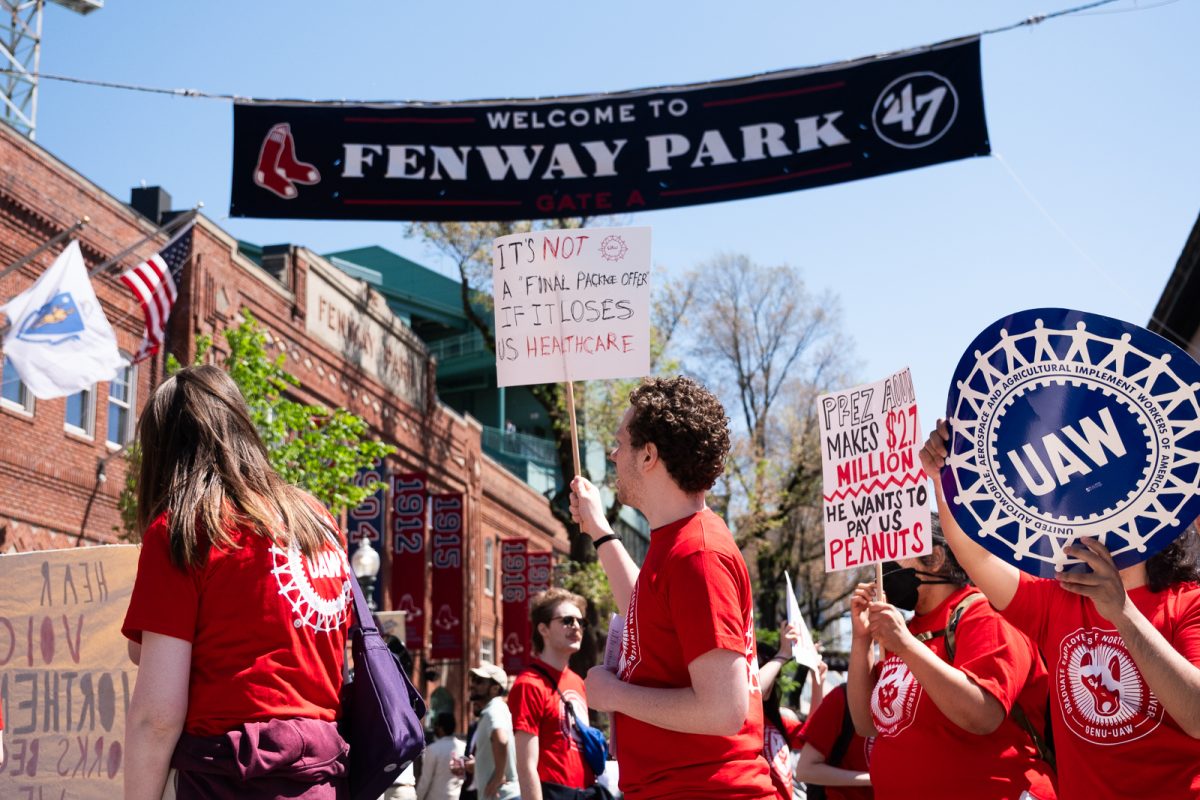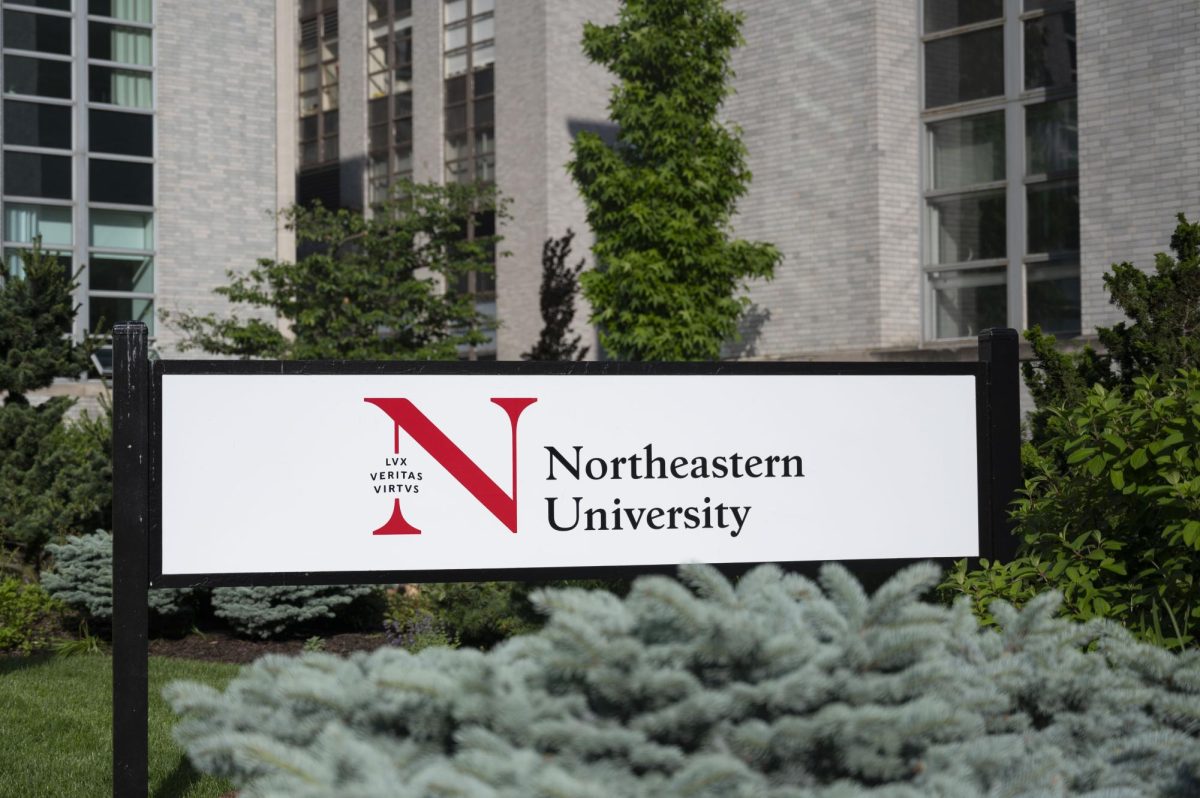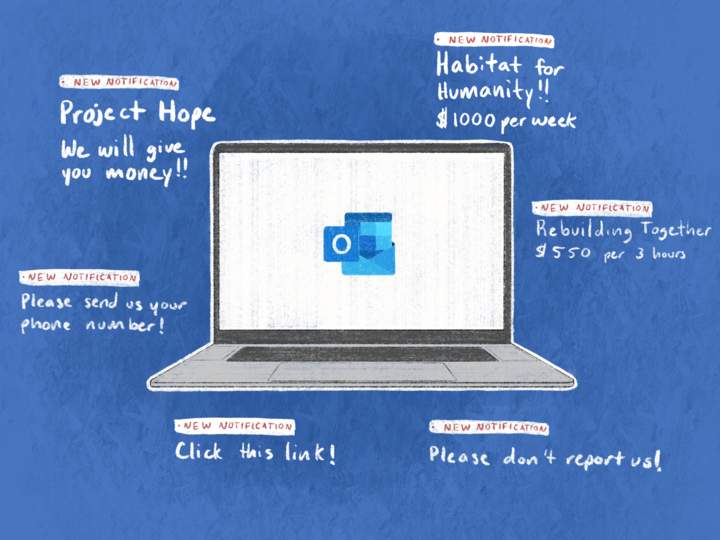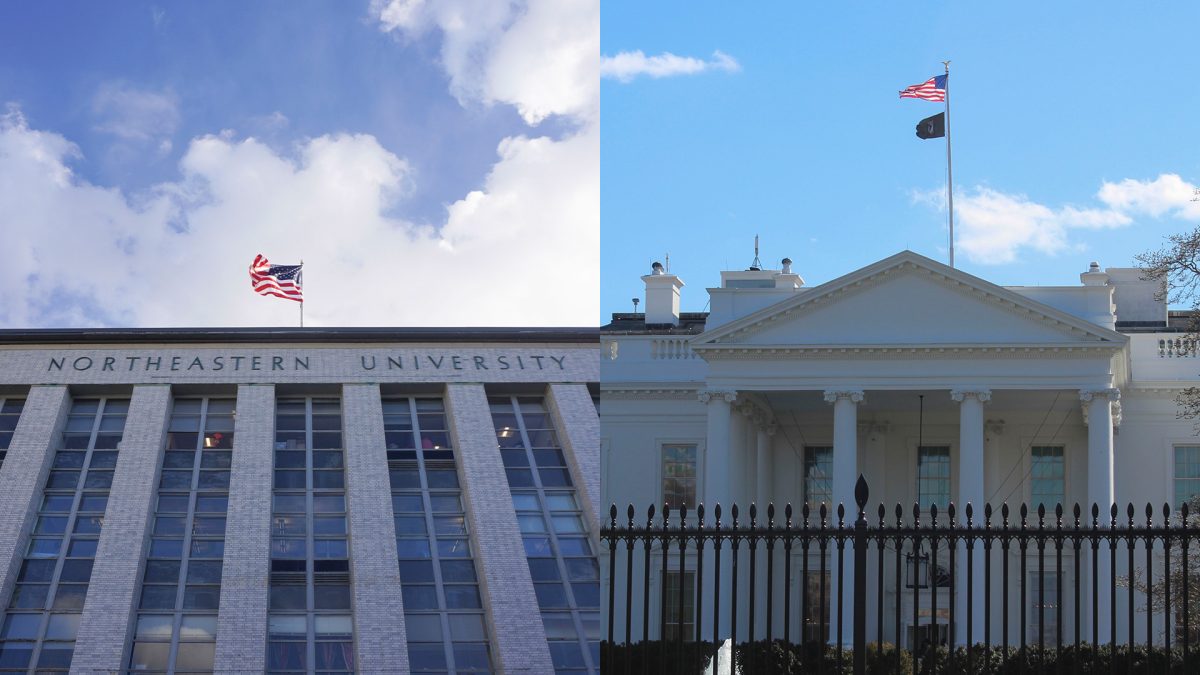Previously, students struggling with their calculus homework would have to rely on class notes, scour the internet for solutions or wait until the next office hours. However, with the advent of “Ada,” this drawn-out confusion may become a thing of the past at Northeastern.
Artificial intelligence bots designed by Northeastern’s mathematics department are being rolled out in calculus classes. Through the College of Engineering, researchers and professors are crafting and refining Ada, an AI bot to help students with their calculus work.
Ada, named after famous mathematician Ada Lovelace, is in its pilot phase in calculus classrooms. Ada is specifically designed for Calculus 1 for Science and Engineering, according to Abby Williams, a professor in the mathematics department. Williams said Ada’s creators uploaded the course textbook to Ada, so the AI is able to recognize problems from specific sections.
“The idea was that we wanted to just automate workflows and [do] things that a [teaching assistant] does,” said Dev Shah, a graduate information systems student and researcher with Northeastern’s multidisciplinary graduate engineering program who has experience building AI chatbots for research work and classrooms. “[Teaching assistants] are not always available, so we want to give a more integrated AI experience so that students can seek support whenever they want.”
Ada’s capabilities are impressing students so far.
“I think that’s really cool,” Ashley DeGeorge, a third-year mathematics major, said of the bot. “Then they might be able to specifically do stuff for our classes, and we’ll also be able to go to the people that created [the AI bot] if we have suggestions or questions or want to know more about the capabilities of the robot that maybe we wouldn’t think to try.”
The use of AI is still widely debated in educational settings. But as these bots are starting to be used for teaching assistant, or TA, work, the university is exploring other ways to expand AI at Northeastern.
“I would say that they are smarter than TAs,” Shah said. “And they are good mentors, but what they cannot do is grade assignments and give very specific conscious feedback about the student’s work.”
Northeastern’s leadership has demonstrated an overall positive attitude toward AI as compared to other colleges and universities. “I think the university as a whole really wants to be a leader in AI, and the best way to do that is to encourage faculty and students to embrace it and to use it,” Williams said.
As AI’s presence expands in education, students are starting to navigate how and when they should use it. AI provides many opportunities for students to cheat on exams and assignments, DeGeorge said. She said learning how to use AI “ethically” is a new skill they will have to learn.
“If you’re doing review for midterms or for finals, you write out these proofs, and you think, ‘Oh, that makes a lot of sense,’” DeGeorge said. “But sometimes it takes an outside source to say, ‘Oh, I don’t necessarily follow this part,’ or ‘You’re missing a step here.’ You’re never going to get that with a real person because it would just take too much time.”
College of Engineering professors and researchers have high hopes for the new bots.
“If I am really happy with [Ada], then probably I will continue to use this, especially for calculus classes and Mathematical Thinking — classes like that, where there’s so many people taking it, and there’s going to be so many people with questions and homework, and not everybody’s going to be able to go to the TA,” Williams said.
Williams conducted a poll for her two Calculus 1 for Science and Engineering classes and said the feedback from students was positive overall. On a scale of one to five — one being the lowest rating — one of her classes rated Ada on average a 4.1, and the other rated it on average a 4, Williams said in an email statement to The News.
Now, researchers at the College of Engineering are working on software for a bot for students in physics classes named “Newton.”
“The bot is interactive,” said Srinivas Sridhar, a professor of physics, bioengineering and chemical engineering. “[Students] can ask questions, so most importantly… it’ll be able to talk to the student at the level they’re at. We’re working to make the bot walk the student through the concepts.”
Shah said bots besides Newton are in development at the College of Engineering as well. The first bot Shah worked on was with the Khoury College of Computer Sciences co-op, which was designed to help students refine their resumes. Shah said that another bot built to help students with research papers is in development.
Ultimately, however, Willaims said that AI will not be able to replace the creativity of mathematicians.
“Math is an incredibly creative thing,” Williams said. “Research in math, groundbreaking math; that is a creative art … maybe someday AI will get to that point where it can do that. But I think there will still need to be humans there … AI can just do the calculator stuff, but you still need to have that human spark, that idea, that little bit of creativity to be like, ‘Okay, this is the problem and this is the method we need to go about solving it.’”



